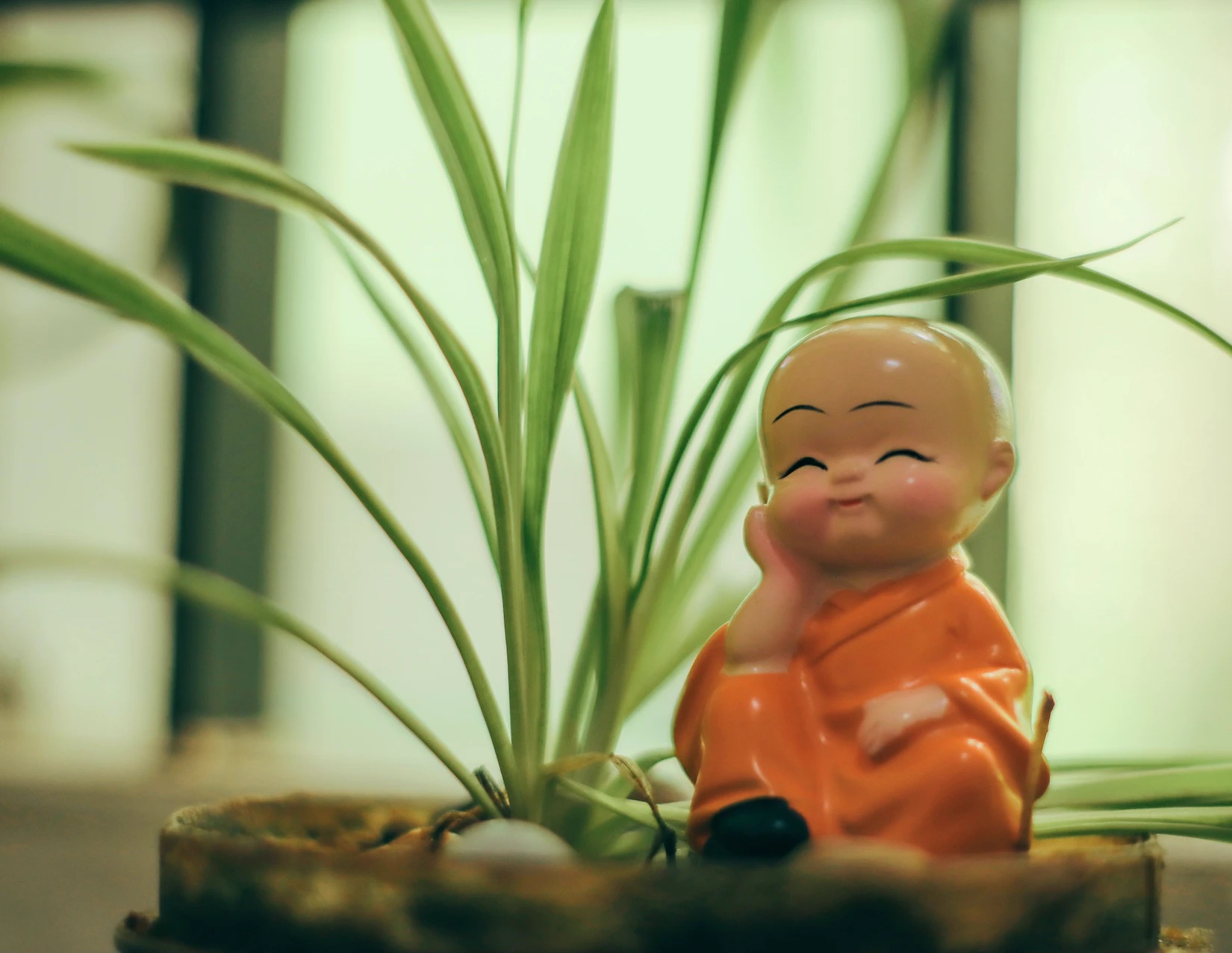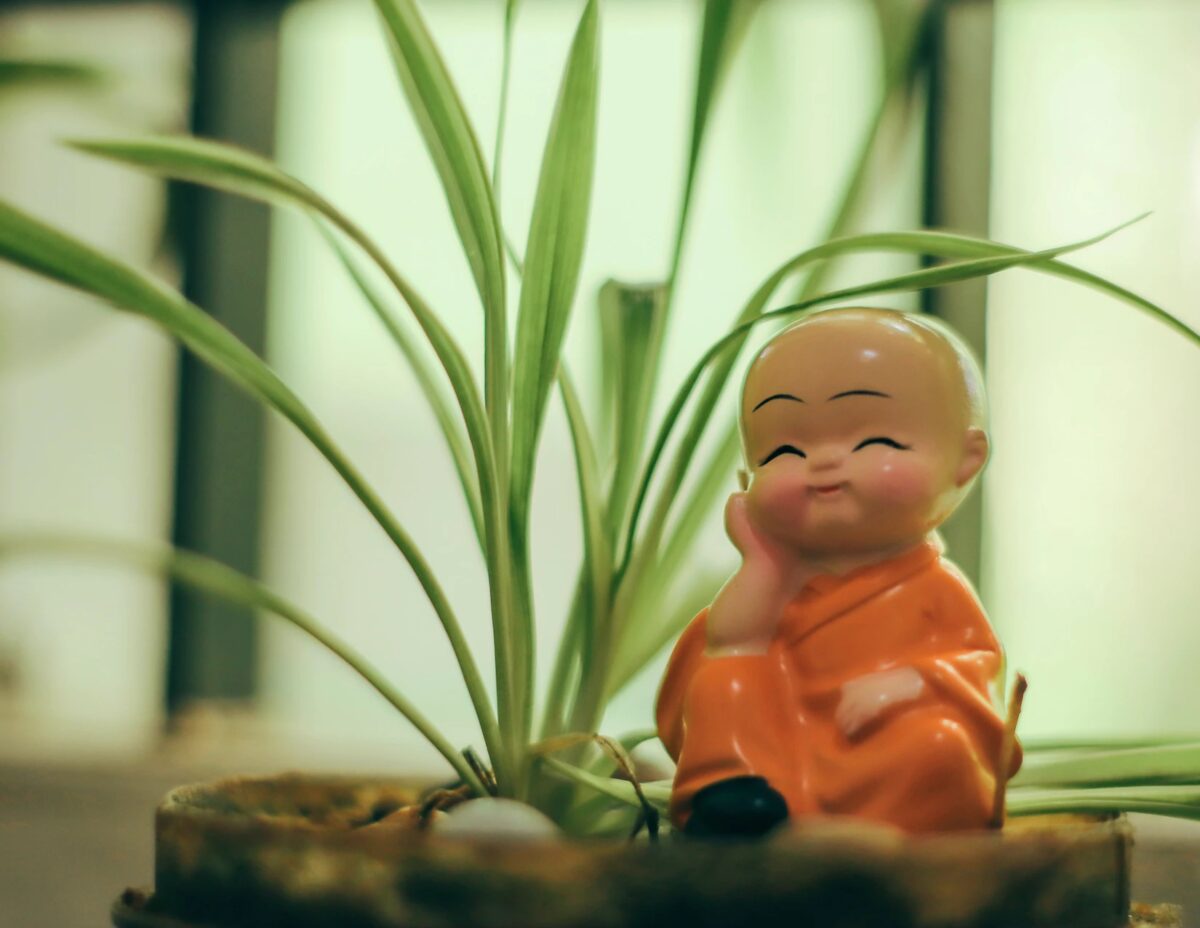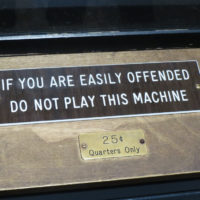

You Can Be Right and Wrong at the Same Time
A friend of mine in college once told me that, “Two seemingly mutually exclusive ideas can both be true at the same time.” If that esoteric gibberish seems somewhat mind-numbing, like the weed-induced ramblings of yet another stoner trustafarian wasting his parents’ tuition funds trying to find himself in the midst of a prolonged and turbulent adolescence, don’t worry- that’s exactly what it was. This dude was a philosophy major, at the end of the day- not the sort one takes too seriously. The notion of two polar opposite postulations both being true is complete and utter nonsense. Then again, there might just be some truth in it after all.
We are, by our very nature, creatures who strive for linear definitions and concrete understandings. We crave discreet answers to the universe and the meanings that lie beneath it. But the universe is a complex network of interdependence that resists simplified equations of derivation. And in that complexity lies the capacity for an ambiguity that gives rise to the weight of various perspectives.
Let me give you an example. Back in the day, you’d often hear a parent about to spank their child suggest, “This is going to hurt me a whole lot more than it will hurt you.” Um, fuck no, it’s not, there Adrian Peterson. On a purely physical level, there is little doubt that this is an absurd statement, a complete and deliberate falsehood being uttered by a child abuser wanting to justify their actions and assuage the guilt that will hopefully drive them to a therapist in their later years. But that’s just it- on an emotional level, there really is some merit to the statement. I only got smacked a couple of times as a kid, and while it hurt like hell at the time, I pretty much just shrugged it off and went about my day having learned a lesson never to do whatever it was that had pissed my parents off in the first place. But my dad still feels bad about spanking me to this day. He even apologised to me about it a few years back, like he was trying to remove some fat-ass Albatros from around his neck. Maybe spanking your kid really does hurt you more than it does them.
But while we as human beings tend to renounce mutually exclusive paradox, Buddhism embraces it with open arms. Much of Buddhist theology is predicated upon seemingly contradictory notions that in the end often inform the other. Within Buddhism, there is a willingness to accept that life does not conform itself to our dualistic conceptualisations and that meaning becomes more and more complex the closer we get to the truth.
Take for starters the very idea of desire itself, what the Buddhists call “dukkha”. Even this term has two seemingly different meanings. On the one hand, it is desire, the things we long for but do not yet have. But because we do not have them, it also means suffering. Now, nowhere in your Merriam-Webster definition of these words are you going to see any reference to the other because they seem so polar opposite in their emotional connotations. But in the mind of a Buddhist, they are one and the same.

So too is the path for how we achieve an eradication of our attachment to earthly desires. On the one hand, to abdicate our desires, and thus end our suffering, we must desire to do so, we must want to reach that point of enlightenment. But isn’t desiring to eliminate a desire still a desire unto itself? But Buddhists don’t worry about that shit. They just let it be as part of the inherent contradictions of a profoundly complex world.
But perhaps nowhere is this precept of mutual exclusivity and paradox more evident in Buddhist theology than the very notion of what defines the self in the first place. In one sense, according to the Buddhists, we are anatta, a term that refers to our meaninglessness and non-existence. Our individual selves are an illusion, a temporary manifestation of energy that is always changing and bears no significant import. But as part of the larger oneness of the universe, we are Brahman, the divine energy that fills all. We are, as Emerson once put it, “part or parcel of God.” And so we are both nothing and God, all at the same time. And now you know why I wanted to punch my college friend straight in the face when he said that.
But humour and gratuitous violence aside, Buddhism helps us to shrug off our penchant for delineated answers to the world and instead welcome the intellectual challenges of seeing the universe through the lens of paradox and mutually exclusive contradictions. Because in the end, this how the universe really operates, not just at the philosophical level, but the interpersonal one as well. Have you ever gotten into an argument with someone, convinced that you were right and they were wrong only to finally hear them and realise that they also sort of have a point? Well, don’t tell my girlfriend, but it happens to me all the time. Believe it or not, two opposing parties can both have a point, based on what perspective you are viewing it from. We have a tendency to retreat into our predetermined fallacy that one side has to be right while the other is wrong, but accepting the paradox of our existence allow us to recognise that this false dichotomy is keeping us from achieving a mutually agreeable resolution, one that comes from an enhanced understanding of each other. By embracing paradox, we find a path to empathy and compassion, and in the end, further our own happiness through our relation with others. Even if that is with stoner kids you went to college with.
Steven Craig is the author of the best-selling novel WAITING FOR TODAY, as well as numerous published poems, short stories, and dramatic works. Read his blog TRUTH: In 1000 Words or Less every THURSDAY at www.waitingfortoday.com






